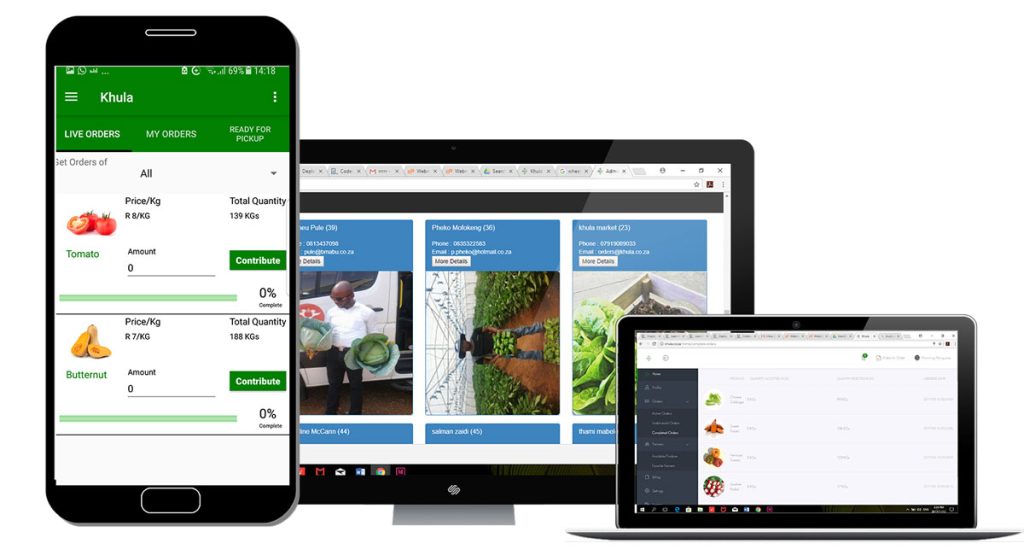
Looking to launch an app-based business?
South African entrepreneurs are finding success in launching game-changing homegrown apps which are helping to solve everything from supply chain challenges and access to finance to recruitment and education.
Notable examples include the Vuleka App which connects spaza shop owners with suppliers of bulk store purchases and Khula!, winner of MTN App of the Year for 2018, which connects farmers in emerging markets with the larger marketplace.
Do you have a groundbreaking app idea? Use the following 10 hacks to turn your idea into reality.
1. Solve a problem
Khula! connects farmers in emerging markets with the formal marketplace. The founders say their mission is to assist black farmers gain access to markets. These are typically farmers who produce a fairly small harvest, through the platform they can combine their crops to reach requirements to supply their products on a larger scale.
Using the app, farmers can list their produce and track real-time inventory levels, as well as conduct basic production forecasting.
According to a Huffington Post interview, farmers using the platform are currently supplying fresh produce for The Michelangelo Hotel, RocoMamas and the Sandton Convention Centre, among other establishments.
More on solving users’ problems here.
2. Create user dependency
“Your app should be something that users want to use daily. This is why social media apps are so popular, they create dependency.” – Dion Samuel, operations manager at Kagiso Interactive, a Durban-based, web and mobile apps development agency.
3. Ask: Does the app have a strong revenue model?
According to Samuel, a vital question to answer is when your app will start generating revenue.
Ask, “What will be my return on investment and by when?”

4. Create your app for a specific market
It’s important to be clear which group of consumers will make use of your app. A good example of apps nailing their target audience is these apps that target the township consumer, including Stokfella, a financial management application for Stokvels and Kasi Eats App which helps township restaurants to market their menus and also manage food delivery orders.
More apps targeting a niche market here.
5. Consider the user experience
“The best Apps or software products on the markets are those where the development team has understood the end-user’s needs and how the end-user needs to have a pleasant experience on your app,” – Ngwanamatloa Matloa, co-founder and CEO of ABOT Technology, a software development company.
6. Find ways to keep the costs low
“Customers and their development team need to collectively decide which business processes or features are business critical and need to be part of the first deliverable or MVP (Minimum Viable Product) and which features will be added at a later stage. This will help in structuring your budget accordingly” – Ngwanamatloa Matloa
7. Know the required time frame for development
Depending on the features and functions of the app, Samuel says their average development time ranges from 60 to 90 days, which also includes a free consultation. The time-frame may vary among developers.
8. Build a prototype
According to Samuel, it’s a good idea for entrepreneurs to have their app development partner design and create a clickable prototype. This can be used for trials or presentations to investors and to also get early user feedback.
9. Test your market
Tuta-Me CEO, Abed Tau, says it’s important to get your app in front of the user as soon as possible. This will help you find out if there are any problems and provide you with an opportunity to create solutions for them.
“(We have to) understand their problem and walk their journey.”
10. Protect your mobile app idea
“The main thing to ensure is that you can prove that you or your employee were in control over the development of the source code. Alternatively, suppose a service provider did it for you. In that case, your contract must provide for a proper assignment of the copyright to you” – Aalia Manie a partner in the technology, media, telecommunications and intellectual property practice at Webber Wentzel.
More on trademarking and protecting your app here.






